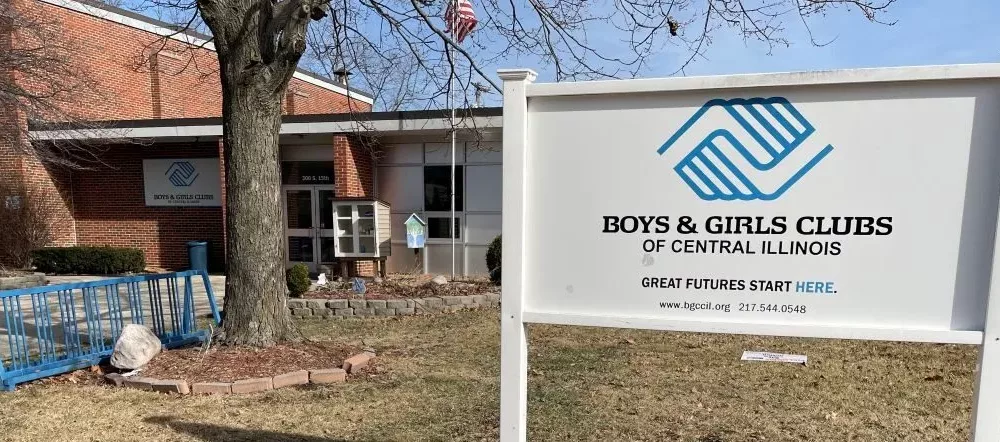SPRINGFIELD, Ill. (IRN) — The conflict over how to address getting rid of Illinois’ 1% grocery tax continues with Republicans saying their plan should be considered.
In 2022, as a way to address high inflation, the legislature zeroed out the 1% grocery tax for 12 months. This year, Gov. J.B. Pritzker wants to get rid of it altogether, but local governments say that could mean a $375 million hit. Tuesday, Pritzker laid out his plan to cover that.
“It will be brought up in the General Assembly, the ability for communities to reimpose that tax if they want to,” Pritzker said. “I would not suggest it. I think that it is not proper to be taxing food.”
State Sen. Don DeWitte, R-St. Charles, said the governor and Democrats were concerned in 2022 about how to backfill the lost revenue to local governments.
“Three-hundred and twenty-three million dollars is a significant amount of money, it’s police officers, it’s firefighters, it’s public works processes for municipalities,” DeWitte told The Center Square.
DeWitte said the governor and Democrats are ignoring his bill to make up for the lost local revenue with their withheld share of the state’s income tax through the Local Government Distributive Fund.
“It’s basically shifting the blame,” DeWitte said. “There’s zero benefit to taxpayers when the governor eliminates the grocery tax and then asks municipal governments to reapply it on the other side of the equation.”
Legislators have until the end of May to pass a spending plan, including deciding what to do with the grocery tax.
Meanwhile, Pritzker announced the next leg of his plan in Chicago to continue his proposed grocery initiative. The overall program is expected to cost Illinois taxpayers $20 million in the next fiscal year.
The New Stores in Food Deserts Program announced Tuesday will offer competitive grants to encourage new grocery stores in USDA-defined food deserts.
Pritzker said the initiative isn’t meant to address higher grocery bills, but to prop up struggling grocers.
He argued the idea is working in places like Kansas. But, if the initiative isn’t working in Illinois, Pritzker said they may end it.
“And if it isn’t working, then we’ll probably pull back. When it does work, I think we’ll probably go all in,” he said.
“Make sure that we’re not feeding into a losing proposition for the state and its taxpayers, so it isn’t the job of the state to continually support something that doesn’t work,” Pritzker said Tuesday.
DeWitte said he does see some merit in the grocery initiative to address areas in both rural and urban areas where it’s more difficult to maintain a grocery store with quality foods for consumers.
By GREG BISHOP for the Illinois Radio Network





